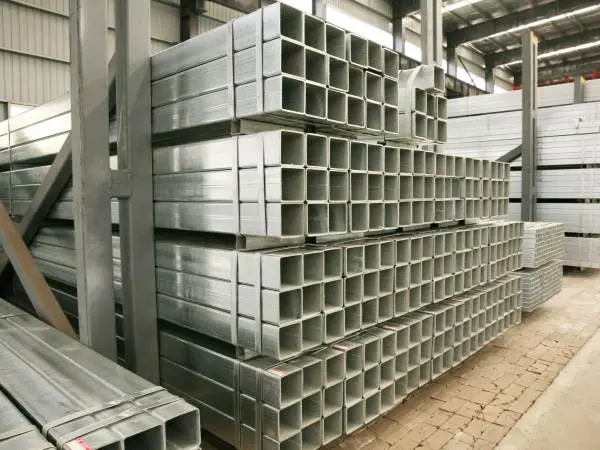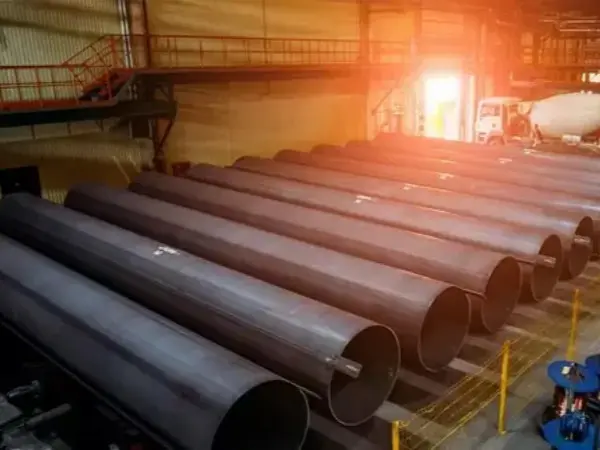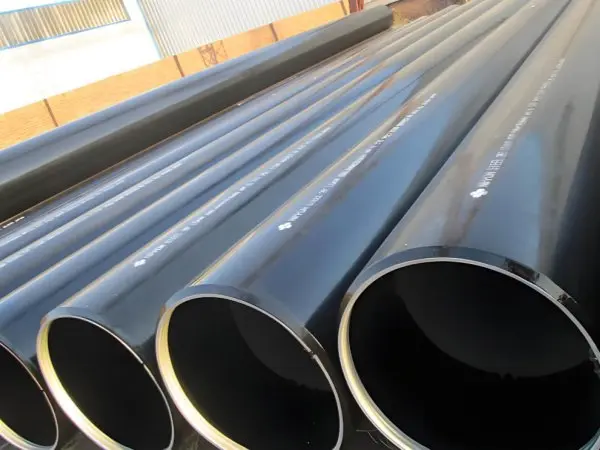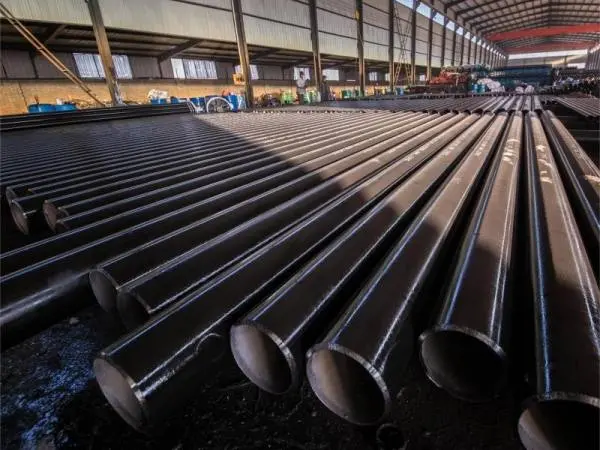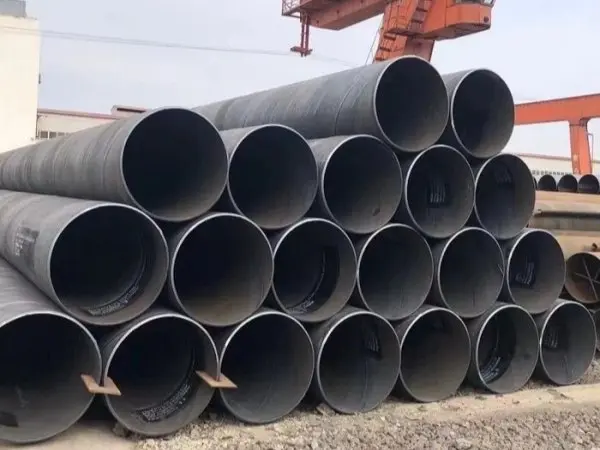- Phone0086 731 8564 8255
- E-mailsales@cscsteel-manufacturing.com
-

SCH 40 ERW pipe refers to Electric Resistance Welded (ERW) steel pipe with a wall thickness grade classified as Schedule 40. The ERW manufacturing process utilizes the skin and proximity effects of high-frequency current to rapidly heat and melt the edges of the steel strip. Under the pressure of extrusion rollers, the edges are fused together to form a welded joint. Since the weld is formed by fusing the base material of the strip itself, the resulting pipe exhibits higher mechanical strength than conventional welded pipes. Additionally, ERW pipes have a smooth surface, high dimensional precision, low production cost, and minimal weld bead height—making them ideal for subsequent anti-corrosion coatings like 3PE.
The “SCH” in SCH 40 stands for “Schedule,” indicating the pipe’s pressure rating. It is calculated as the ratio of design pressure to the material's allowable stress at a given design temperature, multiplied by 1000 and rounded. Note that actual wall thickness varies with pipe diameter under the same schedule. For instance, a 2-inch SCH 40 pipe has a wall thickness of approximately 3.91 mm. SCH 40 pipes are widely used in pipeline systems for a variety of low to medium-pressure applications, ensuring stable operation and effective fluid transport—including water, gas, and oil.
Continental Steel Co., Ltd is professional ERW pipe manufacturer, for more details, please contact:sales@cscsteel-manufacturing.com
Production Process of SCH 40 ERW Pipe
Production begins with high-quality hot-rolled steel coils, which are fed into a forming machine. The coils are gradually shaped into a round pipe blank through a series of forming rolls. In the welding stage, high-frequency current is applied to rapidly melt the edges of the pipe. Under the compressive force of extrusion rollers, the molten edges are precisely joined, completing the weld. The resulting pipe then undergoes sizing and straightening to ensure it meets strict dimensional and straightness requirements, fully complying with SCH 40 standards and ready for various industrial applications.
Performance Advantages of SCH 40 ERW Pipe
High Mechanical Strength
The weld is formed by fusing the base material of the steel strip, giving the pipe superior mechanical properties. It is capable of withstanding internal pressure and operational stress without deformation or rupture, making it suitable for medium and low-pressure fluid transport.
Excellent Dimensional Precision
Advanced manufacturing processes ensure accurate control over the pipe’s outer diameter, inner diameter, and wall thickness—all within SCH 40 tolerances. This precision enhances fit-up with other components, reduces the risk of leaks, and improves installation efficiency.
Corrosion Resistance
ERW SCH 40 pipes are typically made from high-quality carbon steel with inherent corrosion resistance. For more demanding environments, additional surface treatments such as galvanization or anti-corrosion coatings can be applied, extending service life and reducing maintenance requirements.
Superior Surface Quality
The external surface of ERW pipes is smooth and free of defects like scratches or dents. This not only enhances the appearance but also reduces fluid resistance during transport, improving efficiency. The clean surface also promotes better adhesion of protective coatings.
Applications of SCH 40 ERW Pipe
Oil and Gas Industry
Used for transporting crude oil and natural gas from extraction sites to processing or storage facilities.
Building Water Supply and Drainage
Precise dimensions ensure seamless connection and leak-proof performance in plumbing systems.
Machinery and Equipment Manufacturing
Commonly used in hydraulic and pneumatic pipelines due to its strength and accuracy.
Chemical Industry
Suitable for transporting corrosive gases or liquids. With proper material selection and coating, the pipe can resist chemical attack and meet the demanding requirements of chemical processing systems.
